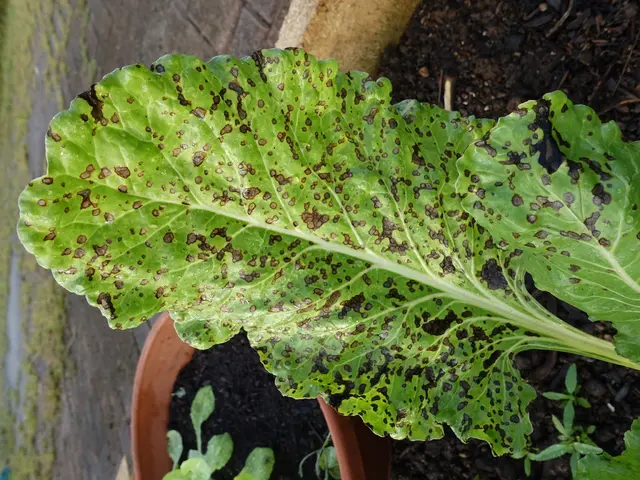Avoid repeated planting every 3 to 4 years.
Zucchini crop rotation is crucial for maintaining soil health, preventing pathogen buildup, and minimizing the effects of allelopathy. These plants are known for their intense nutrient demands, depleting the soil of nitrogen, potassium, and phosphorus necessary for growth. Even with regular fertilization, the soil may not fully recover within a season, resulting in yield reduction.
Moreover, repeated zucchini planting in the same location can lead to the accumulation of pathogens, such as fungi responsible for diseases like powdery mildew, anthracnose, and fusarium wilt. Spores of these fungi can persist in the soil for 2-3 years, causing early and severe infections when zucchinis are replanted.
Zucchinis also release quinones through their roots, which inhibit the growth of plants of the same species due to allelopathy. These chemicals suppress new zucchini seedlings and disrupt soil microflora, but dissipate after 3-4 years.
A proper rotation strategy includes crop selection, nutrient replenishment, and pathogen management. Crop rotation avoids depleting the soil of essential nutrients and helps reduce pathogen accumulation. Adding organic matter, such as compost, between plantings can replenish soil nutrients and maintain soil fertility. Staggered planting can also help manage pathogens, as it permits a continuous yet staggered harvest without focusing on the same area too quickly.
While zucchinis exhibit some allelopathic effects, these are generally not as pronounced as with other Cucurbitaceae family members. To maintain a continuous harvest, consider staggered planting every 2-3 weeks and, if space allows, planting different varieties to reduce the impact of pests and diseases. Closely monitor the health and productivity of your zucchini plants, and adjust your planting schedule or rotate to a different crop if a decline is observed.
By following these strategies, you can ensure a sustained zucchini harvest while minimizing potential issues related to soil health, pathogen buildup, and allelopathy effects.
Incorporating home-and-garden practices, such as crop rotation and organic matter addition, can aid in preventing pathogen accumulation and preserving soil health for a sustainable garden lifestyle. Crop rotation not only helps avoid depleting soil nutrients but also reduces the garnering of pests and diseases, specifically for zucchini plants battling issues like powdery mildew and fusarium wilt.








